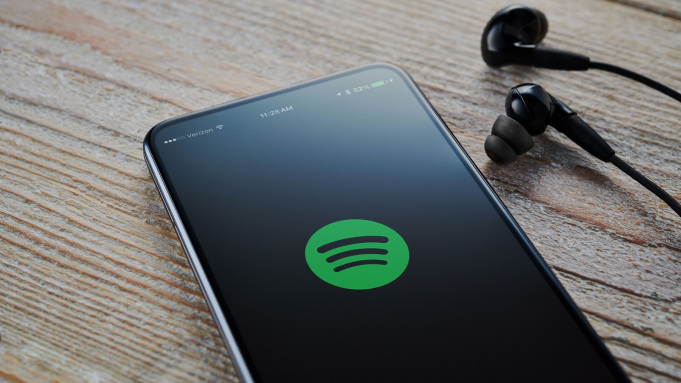Music distribution has changed a lot in the past years. It used to be that musicians would have to sign with a record label first to record their records, cassettes, or CDs. Then the record label would strike a deal with a music distributor, a third party that would physically promote and distribute those records to the public. With the advent of the internet and increasingly popular digital streaming and downloading services, music distribution has changed its clothes. It still has some of the characteristics of the distribution of years past, but there is much difference. Read on to learn more about how music distribution works in the 21st century and what that means for artists in 2021.
How Music Distribution Works?
Music distributors play an essential part in the process of distributing pre-recorded music. Distributors ensure the public has access to an artist’s music, whether it be through online streaming and download services or physical products like a CD and vinyl record. Music distributors are kind of like wholesalers. They take a large amount of a finished product, in this case, pre-recorded music products, and distribute it to retailers worldwide. They’re the middle man between the music product’s rights owner and the retailers and broadcasters where consumers buy or listen to music. Once an artist has recorded an album, whether with a major record label or independently, the distributor will play a key role in getting their music product to consumers.
What is a Distribution Deal?
Traditionally, a music distribution company signs an agreement with a record label, which gives the distributor the rights to sell the artist’s music that the label produced. The distributor would then take a portion of the sales and pay the remaining balance from the sales to the label.
How Is Music Distribution Different Now?
Music distribution has changed dramatically during the 21st century. While consumers still enjoy buying physical copies of an artist’s music, most of today’s music is distributed through digital sources. Many music products are downloaded or streamed through platforms like iTunes, Amazon, Pandora, and Spotify.
Digital music distribution is somewhat different from traditional music distribution of years past, but it has some similarities. Instead of selling physical items such as CDs to brick-and-mortar stores, music distributors now distribute an artist’s music in digital formats such as mp3 to online music platforms. The distributor makes sure that the royalties are paid to the artists and the record labels.
Digital Service Providers
As we mentioned before, most music is distributed through digital service providers, and some of the most popular of these service providers are Spotify and Apple Music. Spotify allows users to stream music, and Apple Music sells downloads as well as streaming services. Consumers can sign up for a free account with ads or pay a monthly subscription fee to listen to music without ads. Either way, the music royalties are being collected upon by the distributor.
The distributors’ job is to make sure that an artist’s music is fully optimized, registered, formatted, and delivered. In addition, they make sure that artists and labels get their royalty money, protect the music from copyright infringement, and even help make sure the music gets proper placement.
Getting a Deal with a Music Distributor
It can be easy to get a deal with a distributor, depending on the company. Some distributors will accept any artist whose music is acceptable to the store or platform. However, some distributors are more picky about who they sign. Once artists have a deal in place with a distributor, they will either pay a set fee per album or single, a yearly fee, or a percentage of sales. Standard distribution deals available will include set-up fees and submission costs. With these deals, you’ll keep 100% of your royalties, but you’ll pay hefty fees to the distributor (such as $30 per album and $10 per single every year! You may choose to avoid these fees, especially if you be recording and distributing a lot of music as an artist. One global distributor, Sugo Music Group, a respected global music distributor and publisher, allows unlimited submissions charges no fees or set-up costs. They’ve been around for 35 years and have the experience to get your recordings and songs distributed worldwide.
DIY Distribution
Some artists prefer to go off the beaten path and try to get their music to the public without using a distributor. While this is possible, it’s better to work with a distributor rather than trying to get your music out on your own. Many legalities go into music distribution that the average person may not be equipped to handle, and distributors can address issues such as copyright infringement and royalties. Not all distributors will be honest, but many out there have artists’ best interests at heart and will do their best to maximize their clients’ music.
Music Distribution and the Future
Although sales of vinyl records have increased in recent years, digital music has become firmly entrenched in the music scene, and it’s not going anywhere. Music distribution has changed dramatically, and today’s artists can enjoy making their mark on the world without having to jump through all of the hoops of years past. Digital music distribution has made producing, recording, and distributing music much more enjoyable for everyone.
